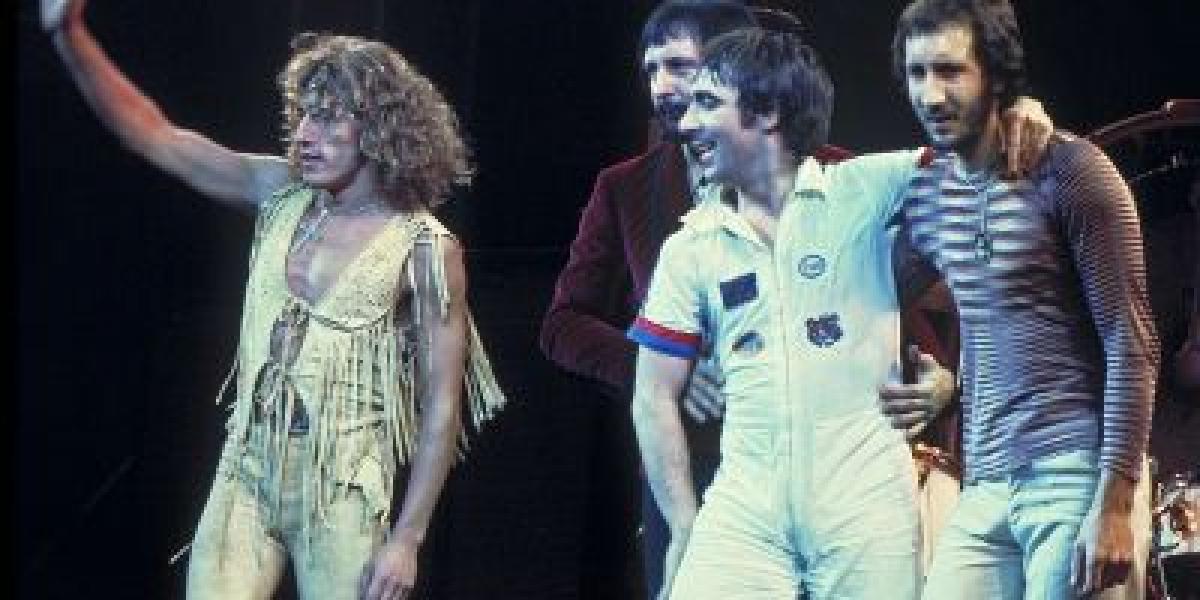The Who's history features a primary run from 1964 to 1983, followed by reunions (1985, 1988, 1989) and a later active phase starting in 1996 which has continued since. Their peak creative periods, spanning years like 1965, 1967 through 1971, 1975, 1978, and 1982, demonstrated incredible range. Originating in rock and proto-punk, they explored hard rock, power pop, psychedelic rock, progressive rock, folk rock, arena rock, funk, heavy metal, soft rock, and even country touches. This constant evolution produced driving cruising classics alongside complex concept pieces, establishing The Who as masters of diverse rock expressions.
Their catalog is packed with legendary anthems that defined generations and pushed rock's boundaries. Signature songs range from explosive declarations of youthful rebellion and identity crises to intricate narratives from pioneering rock operas exploring freedom and sensory experience. They crafted powerful hard rock tracks featuring groundbreaking synthesizer use, introspective acoustic pieces revealing vulnerability, psychedelic explorations, and driving, straightforward rock tunes. These iconic classics, fueled by unparalleled instrumental power and commanding vocals, tackled complex themes and showcased The Who's immense influence on the development of rock music across various styles and eras.



